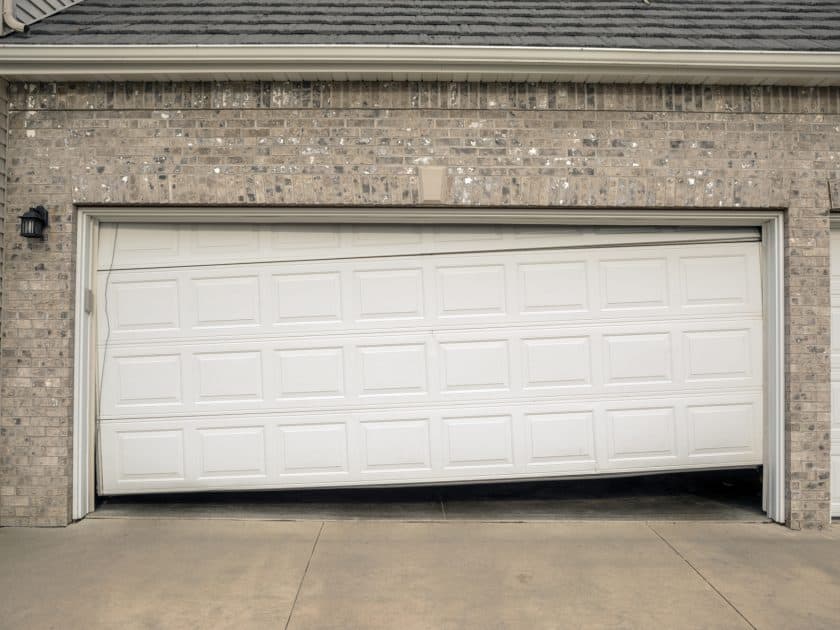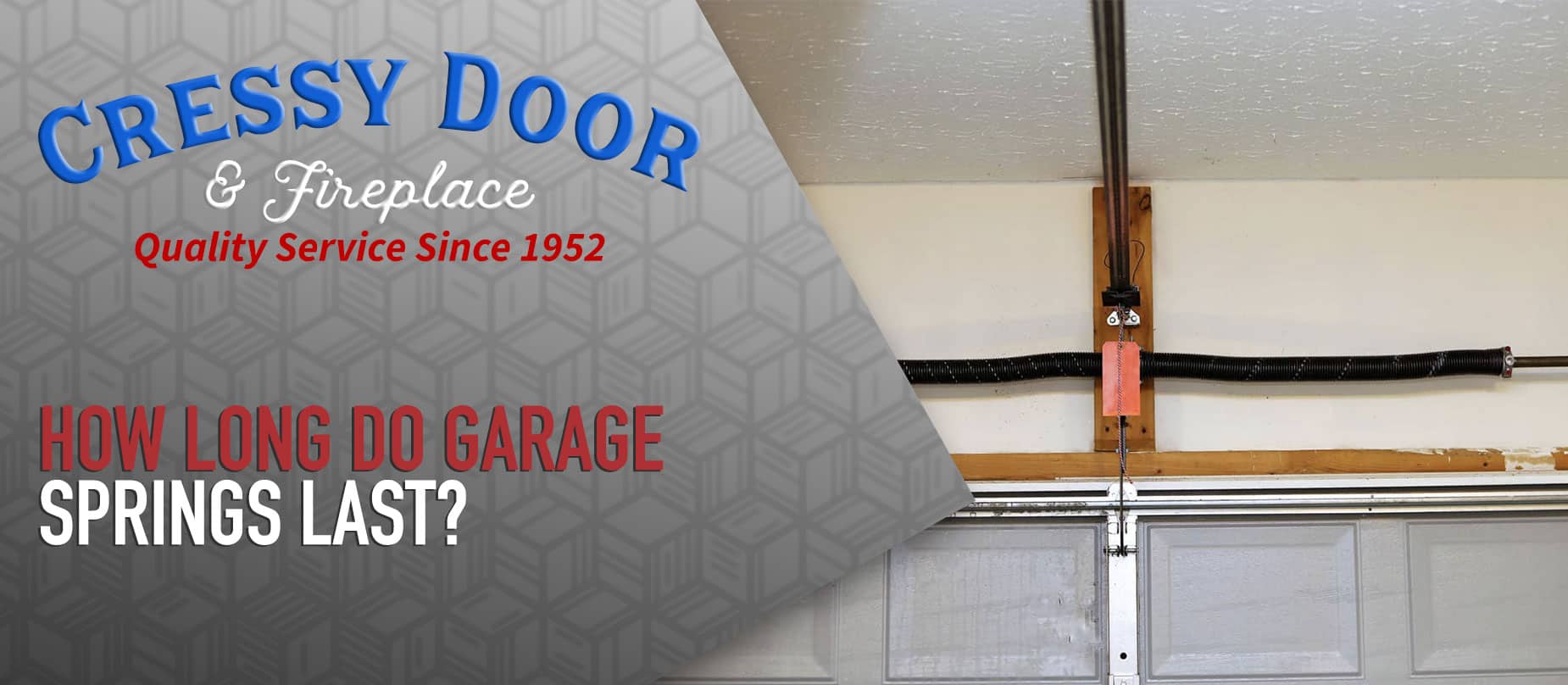The Springs of Time: Understanding the Lifespan of Garage Door Springs
Posted Friday, March 15th, 2024
The Springs of Time: Understanding the Lifespan of Garage Door Springs
Garage door springs are unsung heroes in the smooth operation of your garage door. Yet, like any component, they have a finite lifespan. In this blog we’ll delve into the factors influencing the longevity of garage door springs and answer the crucial question: how long do these essential components typically last?
Factors Influencing Garage Door Spring Lifespan:
* Material Quality: The material quality of the springs is a primary factor. Most garage door springs are made of either galvanized steel or oil-tempered steel. High-quality materials contribute to a longer lifespan.
* Usage Frequency: The more frequently you use your garage door, the more wear and tear the springs undergo. Daily use puts additional stress on the springs, affecting their lifespan.
* Maintenance: Regular maintenance, including lubrication and inspections, can significantly extend the lifespan of garage door springs. Neglecting maintenance can lead to premature wear and breakage.
* Climate and Environmental Conditions: Extreme temperatures and environmental factors, such as humidity, can impact the lifespan of garage door springs. Harsh conditions may accelerate the aging process.
Torsion Springs vs. Extension Springs:
* Torsion Springs: Typically mounted above the garage door, torsion springs are known for their durability. They generally have a lifespan of 10,000 to 20,000 cycles, with one cycle representing a full opening and closing of the door.
* Extension Springs: Found on either side of the door, extension springs usually have a lifespan of 10,000 to 15,000 cycles. Like torsion springs, the lifespan can be influenced by various factors.

Signs of Aging Springs:
* Sagging or Gaps: Springs may show signs of wear by sagging or developing gaps between coils.
* Rust or Corrosion: Corrosion can weaken the springs over time, affecting their structural integrity.
* Unusual Noises: Creaking or popping sounds during door operation may indicate worn-out springs.
* Difficulty in Opening/Closing: If you notice your garage door becoming heavier or having difficulty staying open, it could be a sign of aging springs.
Cressy Door’s Maintenance Tips:
* Regular Lubrication: Apply a silicone-based lubricant to the springs every few months to reduce friction.
* Visual Inspections: Periodically inspect the springs for signs of wear, rust, or damage.
* Professional Inspection: Schedule regular professional inspections to identify and address potential issues before they escalate.
Conclusion:
While the lifespan of garage door springs varies, proactive maintenance is key to maximizing their longevity. At Cressy Door, we understand the importance of well-maintained garage door springs for the smooth functioning of your door. If you suspect issues with your springs or need professional assistance, reach out to us. Our experts are here to ensure your garage door operates reliably and safely.
ALWAYS call a trained professional to inspect and replace your garage door springs if they’re broken or in danger of breaking. The risks of replacing springs are too high for yourself, your home’s occupants, and your personal property.
The Residential Seattle Garage Door Team at Cressy Door and Fireplace are available Monday through Friday from 7 am to 4 pm. We are happy to assist you with your questions relating to sales, installation, maintenance, and repair of your home’s garage doors in the Seattle, Tacoma, Bellevue, Kent, Everett, and Renton areas. Please give us a call or fill out the form to the right, and one of our Residential Team members will respond promptly.
If you have a garage door emergency, give us a call 24x7x365 and we’ll send one of our certified Seattle home garage door repair technicians to assist you.
Kent (253) 887-9135
Shoreline (206) 632-0533
Serving the Puget Sound Community since 1952.
